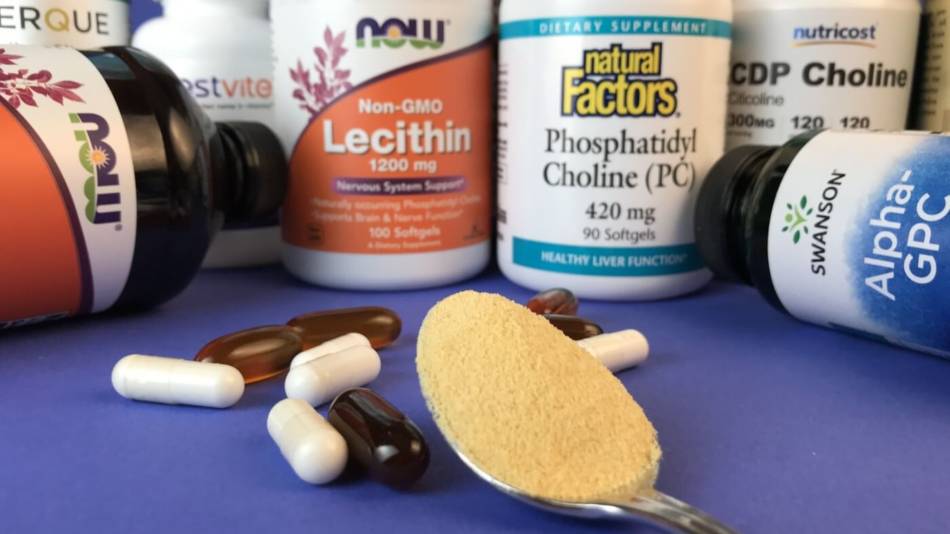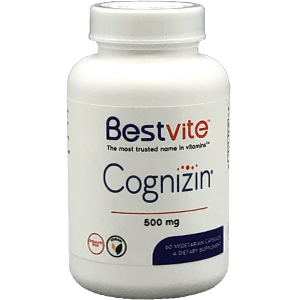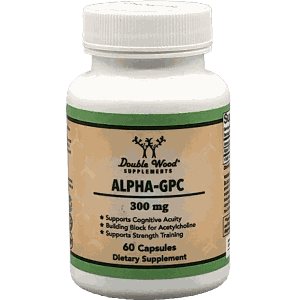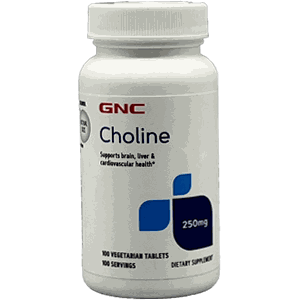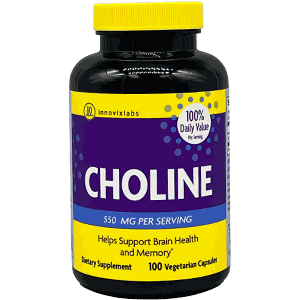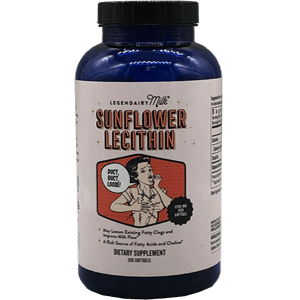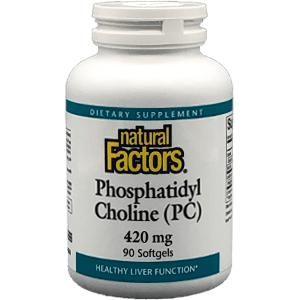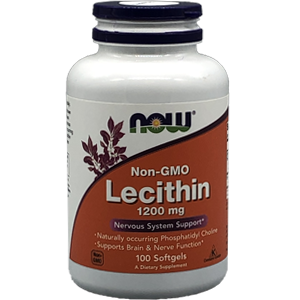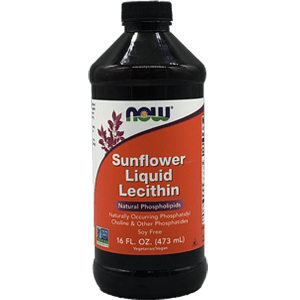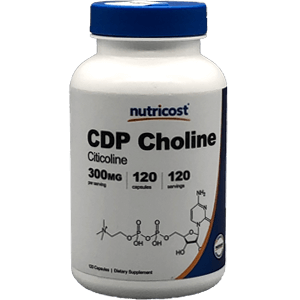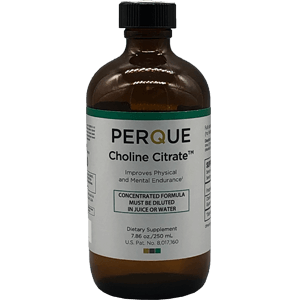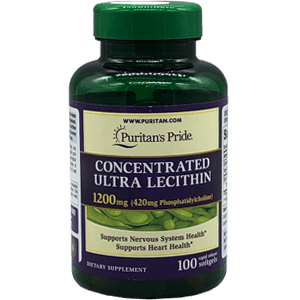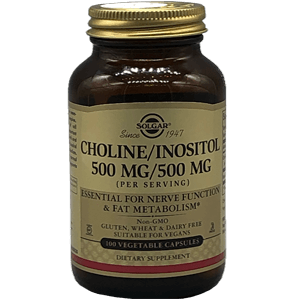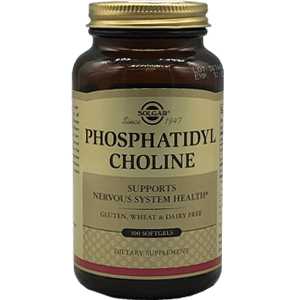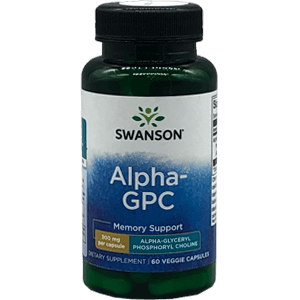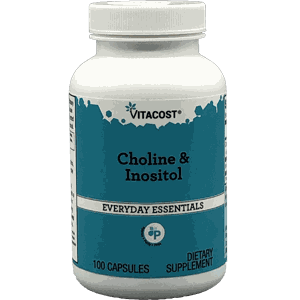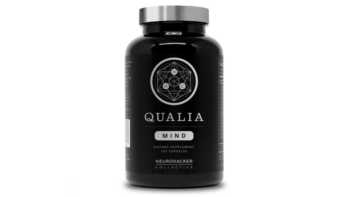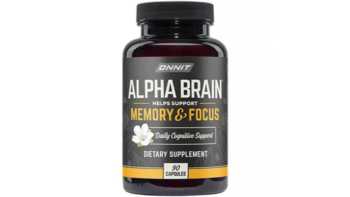Summary
-
What is choline?
Choline is is an essential nutrient. It is a component of cell membranes and the neurotransmitter acetylcholine, which is essential for proper brain function, and it helps remove fat from the liver (see What It Is). The body naturally produces some choline and the rest can be obtained from the diet, but some people are not able to produce sufficient choline, particularly postmenopausal women and people with certain genetic traits, putting them at risk for choline deficiency. In addition, women need extra choline when pregnant or nursing. -
What does choline do?
Getting adequate choline from the diet helps prevent fatty liver (which can lead to reduced liver function) and muscle damage. During pregnancy, choline taken by women may reduce the risk of birth defects, and supplementation was even shown to improve infants' intellectual processing speeds. Supplemental choline has shown potential benefit with respect to stroke recovery, cognition, Alzheimer's disease, asthma, and ulcerative colitis (see What It Does). -
How to get choline?
Many foods are good sources of choline, particularly egg yolks, meats, and legumes (see Getting It from Food). Lecithin, typically extracted from raw soybean or sunflower seed oils, is also a convenient food source of choline due to the phosphatidylcholine that it contains. (Lecithin is also a source of phosphatidylserine, which we have reviewed separately.) Supplements can also provide choline in a variety of forms, including phosphatidylcholine, alpha-GPC, CDP-choline (citicoline), choline bitartrate, and choline citrate. We purchased and tested products containing each of these forms. -
Which form of choline is best?
A problem when choosing a choline supplement is that the different forms provide vastly different amounts of choline — and these differences are not clearly labeled. (See Comparison of Choline Ingredients in Supplements). To avoid confusion, we've calculated and shown the amounts of choline expected from the products we tested — as well as whether or not they contained these amounts (see the Results Table. -
How much choline should I take?
Adequate daily intake of choline ranges from 200 mg to 550 mg depending on the person (see (see Recommended Intake), but many people get too little. The typical dose used in disease treatment ranges from 50 mg to several thousand milligrams daily of specific forms of choline (see Dosage). We found as little as 19.4 mg to as much as 500 mg of choline per serving in the supplements that we tested. Best choline supplement?
Most, but not all, products passed our tests of quality (see What CL Found), but only a few represent CL's Top Picks. We also chose an overall Top Pick that provides a form of choline that may be safer and better absorbed than others and is also relatively low cost. We found that you could pay as little at 2 cents to as much as 58 cents to get an equivalent 100 mg dose of choline from supplements.-
Safety and side effects of choline:
Choline is generally safe, although gastrointestinal side effects may occur with higher doses. A small percentage of people may develop a fishy body odor from choline. Although cause-and-effect relationships have not been demonstrated, higher intake of choline has been associated with increased risk of colorectal cancer in women, and some forms of choline increase production of TMAO, which, itself, is associated with a higher risk of heart attack. (See Concerns and Cautions).

